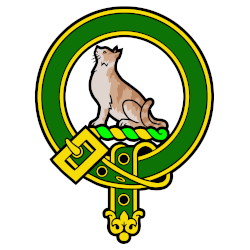Absolution Gap is the fourth and final book in a series; as such, I will write about my impressions of the entire series as well as the final book specifically. The series also includes Revelation Space, and Chasm City.
Overall, the author has a fresh voice, an innovative concept of the future, and interesting stories to tell. The plot twists through some very surprising (and sometimes, too surprising) turns.
While I enjoyed the journey into the mind and vision of the author, some aspects of the books did not turn out well. Characters sometimes had surprising depth, but at other times served as little more than a plot advancement. Technology was applied in new and interesting ways, but some of them (the chasm city cablecars, for example, and some of the details of the computer interactions) had noticable errors or simply felt wrong.
It’s been said that science fiction is the genre of ideas. This series is a perfect example; the characters and the plot are little more than a backdrop for the author’s ideas about technology and culture. But the ideas are fresh and interesting, albeit too fantastic to have any real scientific redemption value.
On a personal note, the author’s voice does not mesh well with my own manner of reading. I tend to read very rapdily, building images in my mind without needing to think about them, but something in his imagery and style keeps kicking me out of the story and, I suspect, rendering some plot points less clear than they were intended to be. If you are like me in this respect, expect to have some trouble with this author. I have similar problems reading some of Iain Banks’ Culture novels.
